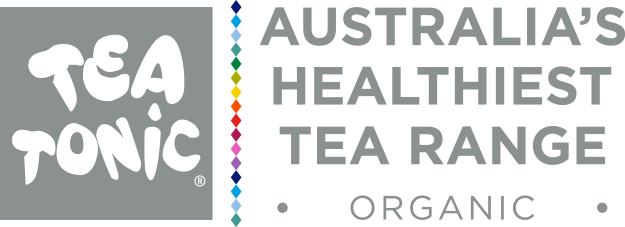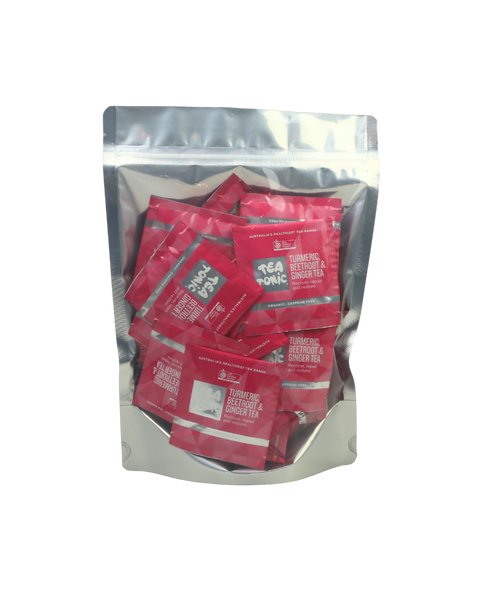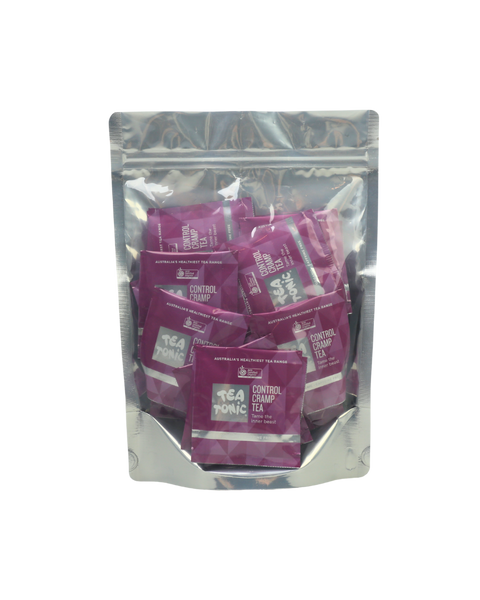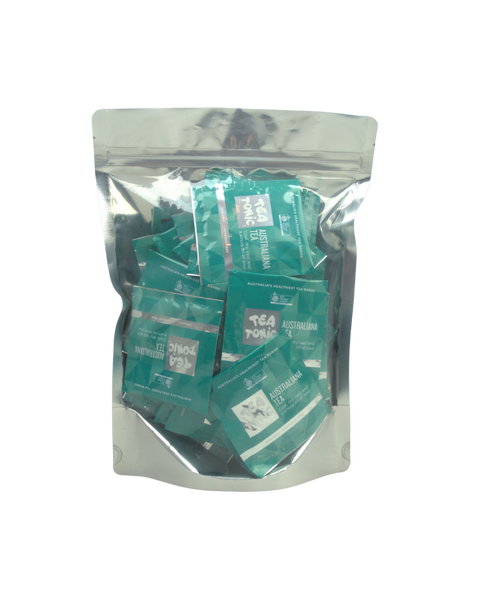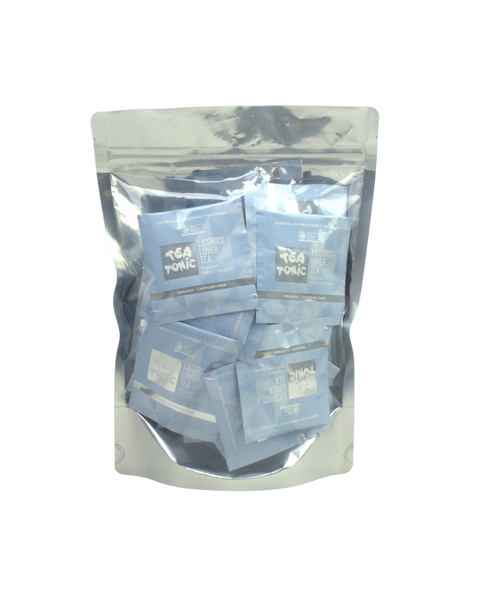Comfort and Recovery FAQs
What is the best anti-inflammatory tea?
There isn't a single "best" tea, as the best option depends on your preferences and what you're hoping to achieve. Here's a breakdown of some popular ingredients:
Ginger: Known for its warming properties and reducing inflammation-related pain.
Turmeric: Contains curcumin, a powerful anti-inflammatory compound.
Green tea: Rich in antioxidants with anti-inflammatory benefits.
How do you make anti-inflammatory tea?
There are many ways to make anti-inflammatory tea! Here's a general approach:
Choose your base: Select an anti-inflammatory ingredient like ginger, turmeric, or green tea leaves.
Steep it: Depending on the ingredient, simmer or steep it in hot water for 5-10 minutes.
Enhance the flavour (optional): Add a squeeze of lemon or honey for taste. Black pepper can boost the absorption of curcumin in turmeric.
We offer various anti-inflammatory teas pre-blended with exciting flavour combinations. Try our Anti Inflammatory Mango Elixir Tea.
Is green tea anti inflammatory?
Yes, green tea contains epigallocatechin gallate (EGCG), an antioxidant with anti-inflammatory properties.
Is hibiscus tea anti inflammatory?
Yes, hibiscus tea shows promise for having anti-inflammatory properties. The hibiscus flower contains anthocyanins, antioxidants known to reduce inflammation.
Is licorice tea anti-inflammatory?
Yes, licorice tea has anti-inflammatory properties. The main anti-inflammatory compound in licorice root is glycyrrhizin, which may help reduce inflammation throughout the body.
Does black tea have anti-inflammatory properties?
Black tea may have some mild anti-inflammatory effects, but it's generally less potent than green tea or other options mentioned above.
